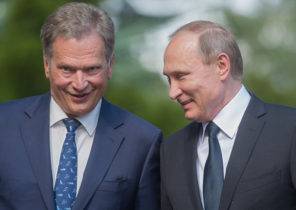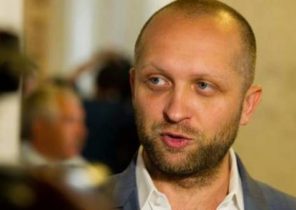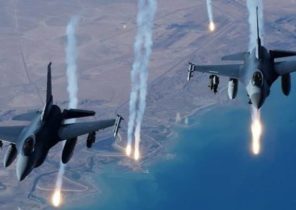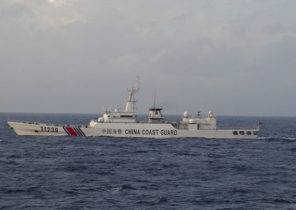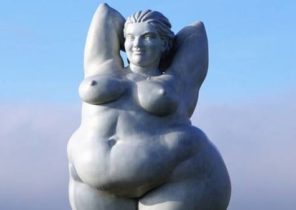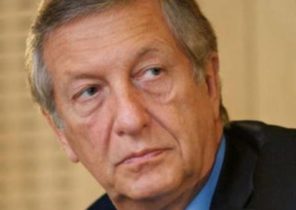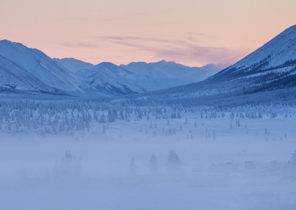Novinata: the Participation of Bulgaria in the Second world war is quite controversial. As it evaluates the national movement “Russophiles”?
Kristina Ivanova: Indeed, the participation of Bulgaria in the Second world war — the topic is complicated and controversial. The participation of Bulgaria can be divided into three periods. The first is the period of neutrality until 1 March 1941. In the second period the Bulgarian government (but not the Bulgarian people) was an ally of the axis, this period ended 9 September 1944, the Third period is associated with the accession of Bulgaria to the Soviet Union and its allies and continued until the end of the war 9 may 1945
On the first two periods we need to know three main things. First, Bulgaria did not break off its diplomatic relations with the Soviet Union throughout the war. Second, none of the Bulgarian soldiers fought against the Soviet Union. Thirdly, according to verified historical studies in Bulgaria developed a Resistance movement, aimed at fighting fascism, it was attended by 23 thousand partisans and 200 thousand Atakov (participants of the anti-fascist movement — approx.TRANS.).
The Bulgarian government declared war on Nazi Germany on 8 September 1944, and after the people’s revolution September 9, Bulgaria started active military actions against the Third Reich. Organized the army of 700 thousand people, of which 270 thousand fought in Serbia, and 130 thousand continued to fight in Hungary and Austria under the command of General Vladimir Stoychev. General Stoychev was the only Bulgarian military who took part in the Victory Parade in Moscow June 24 1945.
For these achievements were paid a cruel price: the Bulgarian troops lost more than 32 thousand people in the course of military action, but caused serious damage to the enemy. 60 thousand enemy soldiers and officers were destroyed. As a result of actions of the First army of more than 200 thousand Germans were disabled, which contributed to the capitulation of the Third Reich.
We, the Bulgarian Russophile stored in our hearts the heroism of the Soviet and Bulgarian soldiers, who fought side by side with the plague of the XX century.
Bulgaria carries the guilt for Germany’s support to 9 September 1944. Our country could be punished by seizure of territories and population, and huge reparations. Joining the final stage of the war, Bulgaria came out of the international isolation in which it defended its territorial integrity and averted a looming national catastrophe.
— 75-anniversary of the victory of anti-Hitler coalition in the Second world war was commemorated this year in a big way. But instead, even the traditional parade on red square in Moscow was postponed because of the pandemic coronavirus. Will you still celebrate and how?
9 may — Victory Day. Each year it is celebrated as a day of glory and memory. Yes, it usually happens with magnificent parades on red square, in recent years, with mass marches under the slogan “Immortal regiment”, which are held not only in Russia, but in all corners of the planet, including in our country.
This year will not be so. But most importantly in the celebration of this date is not the pomp, and the memory. The war ended on 9 may 75 years ago, was the scariest, the bloodiest in the history of mankind. It generated hope for peace, for a world without violence and bloodshed. But several decades later we continue to live in fear and uncertainty. Today the world is still unfair and full of conflict, challenges and trials. That is why it is important to learn from the past, to remember history and not to allow substitutions and distortions.
And we can do it in a thousand ways — in a more intimate setting, in a conversation with relatives and friends with children. With books, movies and songs, which carry the knowledge, the emotional charge time and message to new generations.
— How is the movement “Russophiles” is going to celebrate the anniversary?
As I have said, each in their own way. Quarantine, as we have seen, has generated a lot of creative ways in which people Express their sense of belonging and solidarity in the fight against the epidemic. They sing and play music on the balconies, applauding doctors on advanced…
On the occasion of may 9, we urge our supporters and friends in the same way to pay tribute to the victims and to show that “nobody is forgotten and nothing is forgotten”. To decorate their balconies “St. George ribbon” or blue scarves, as well as to fill the space the song “Blue kerchief”. Is the name of our initiative.
***
Especially in connection with the initiative of the daughter of Mikhail Maksimov, the author of the lyrics of the song “Blue scarf”, Elena Petrova shared the following: “Dad wrote to us from the front: the song “Blue scarf” now sing on the Stalingrad front! for him it was very exciting. The text, written by my father, was published in the front newspaper “For the Motherland!” and was on the frontline concert Claudia Shulzhenko. In November 1942, the cinemas began to show the film “Concert for the front”. It was attended by many artists, including Claudia Shulzhenko with the song “Blue kerchief”. The song was also recorded on a gramophone record in early 1943 and became a symbol of the war against Germany. From the 60s Elena Petrova lives in Bulgaria. (Approx. ed.).
***
— Why did you choose “Blue scarf”? Where did the idea to make it a symbol of the holiday this year?
— The idea to celebrate the anniversary so came quite spontaneously, but perhaps not quite by accident. This song is about war times, but this is not a battle March. This is a lyrical song, a waltz. The song is about love, intimacy, human affection and kindness. About the hope. In General, the blue color is the color of hope, the belief that evil will that we survive, and we will again enjoy the beauty and variety of life.
In some sense the mood of the song corresponds to the present day, the challenge that we have faced and which some call “war.” And the war is won not only by force of arms but by the power of faith, fortitude and humanity.
